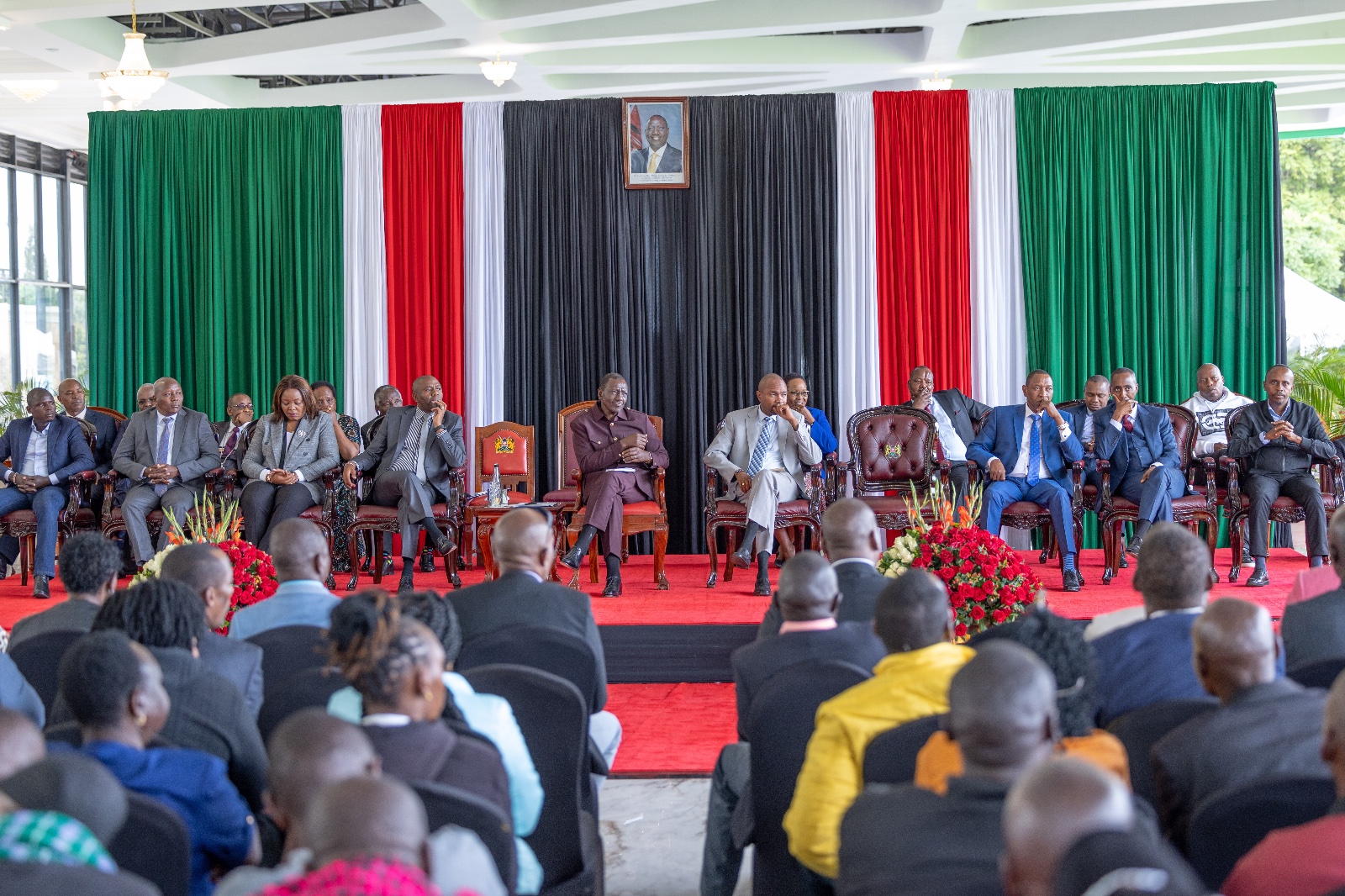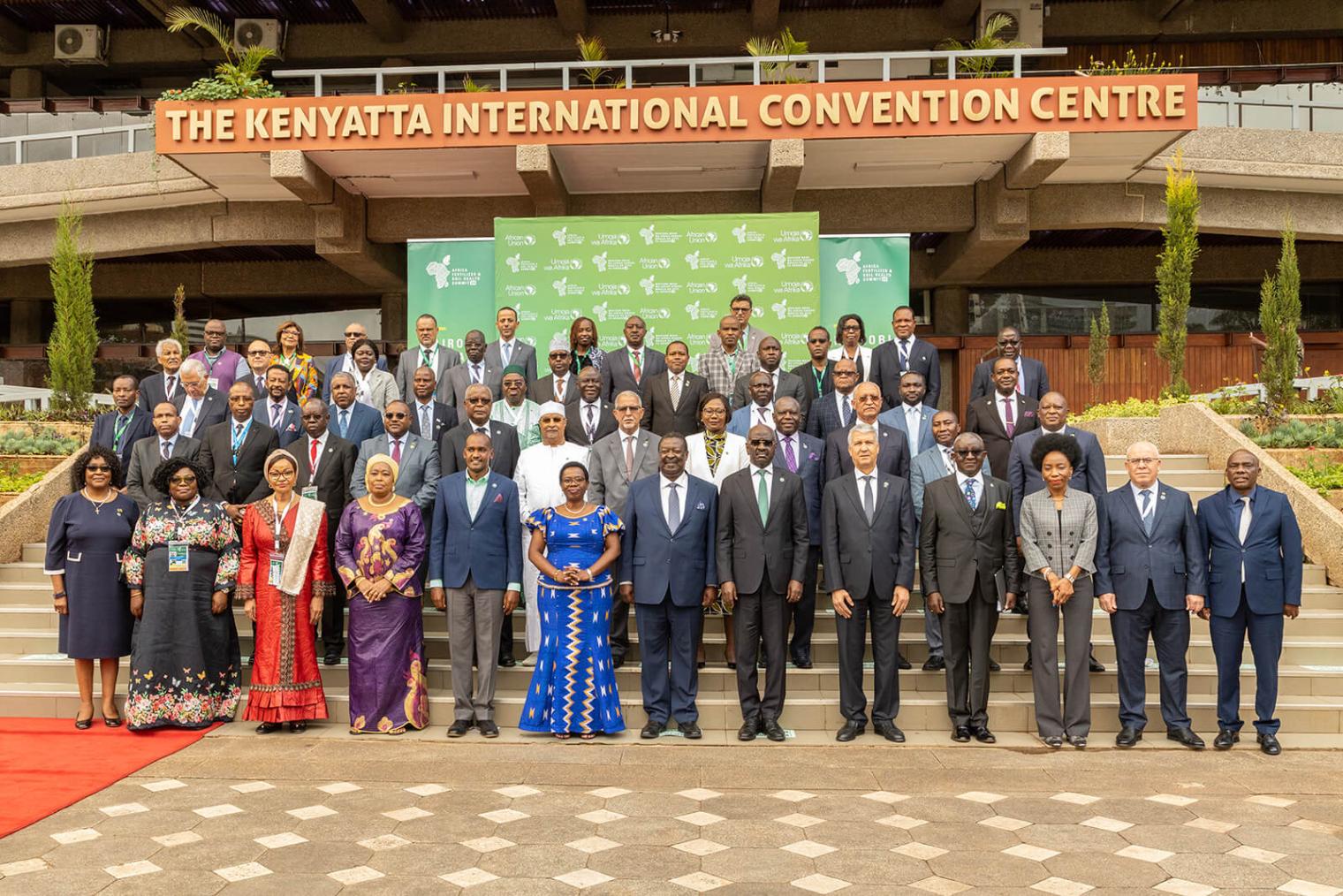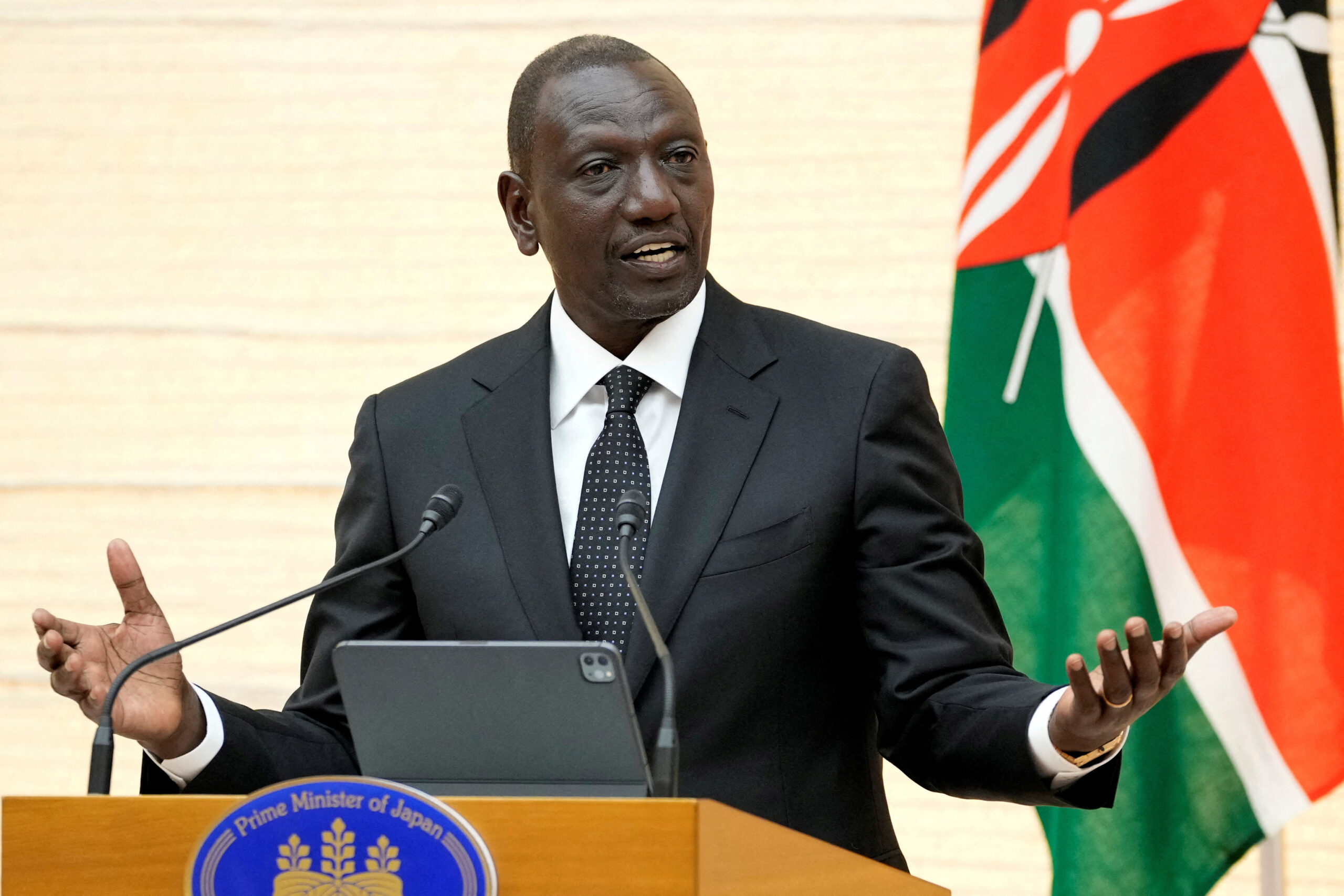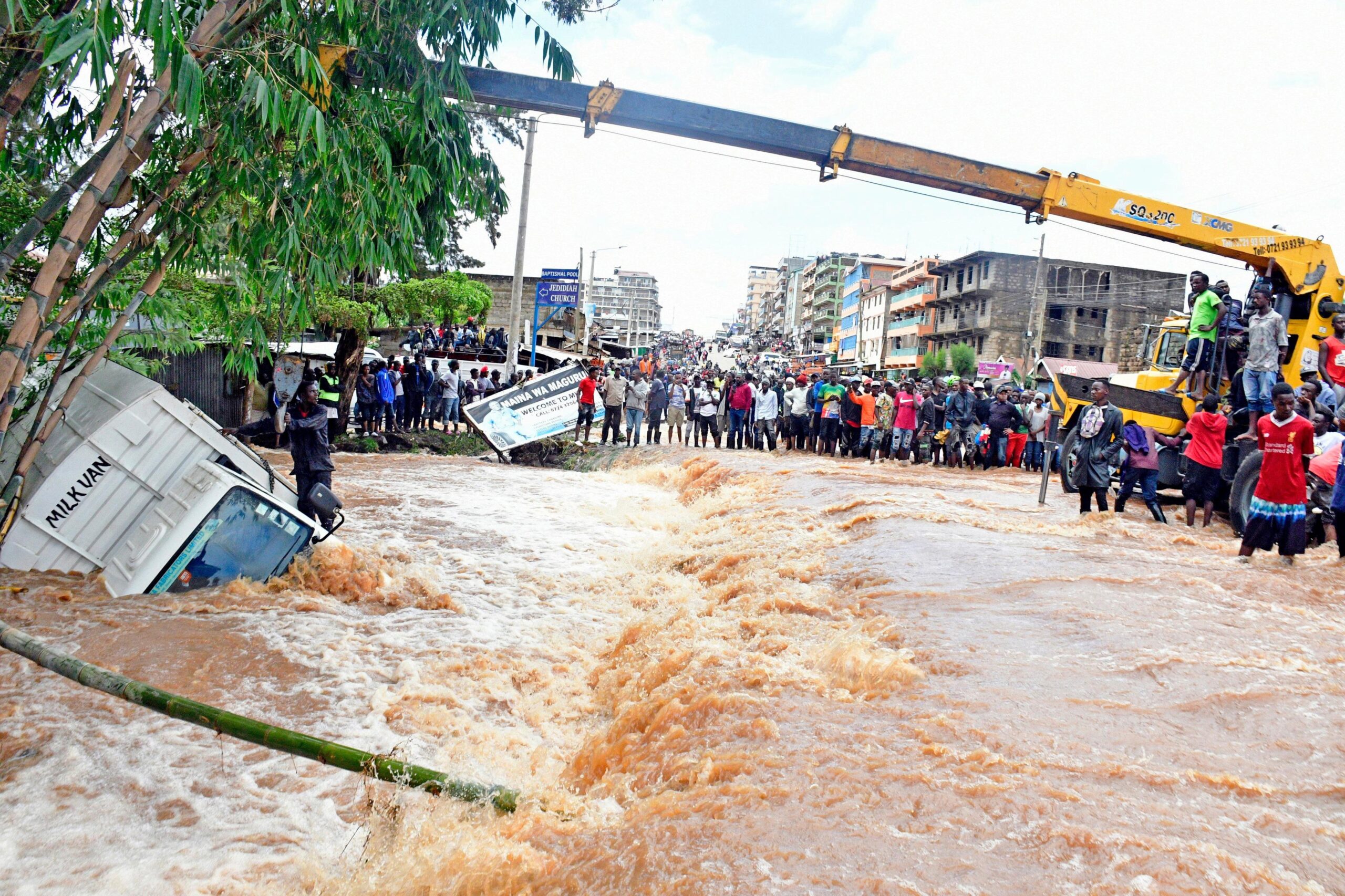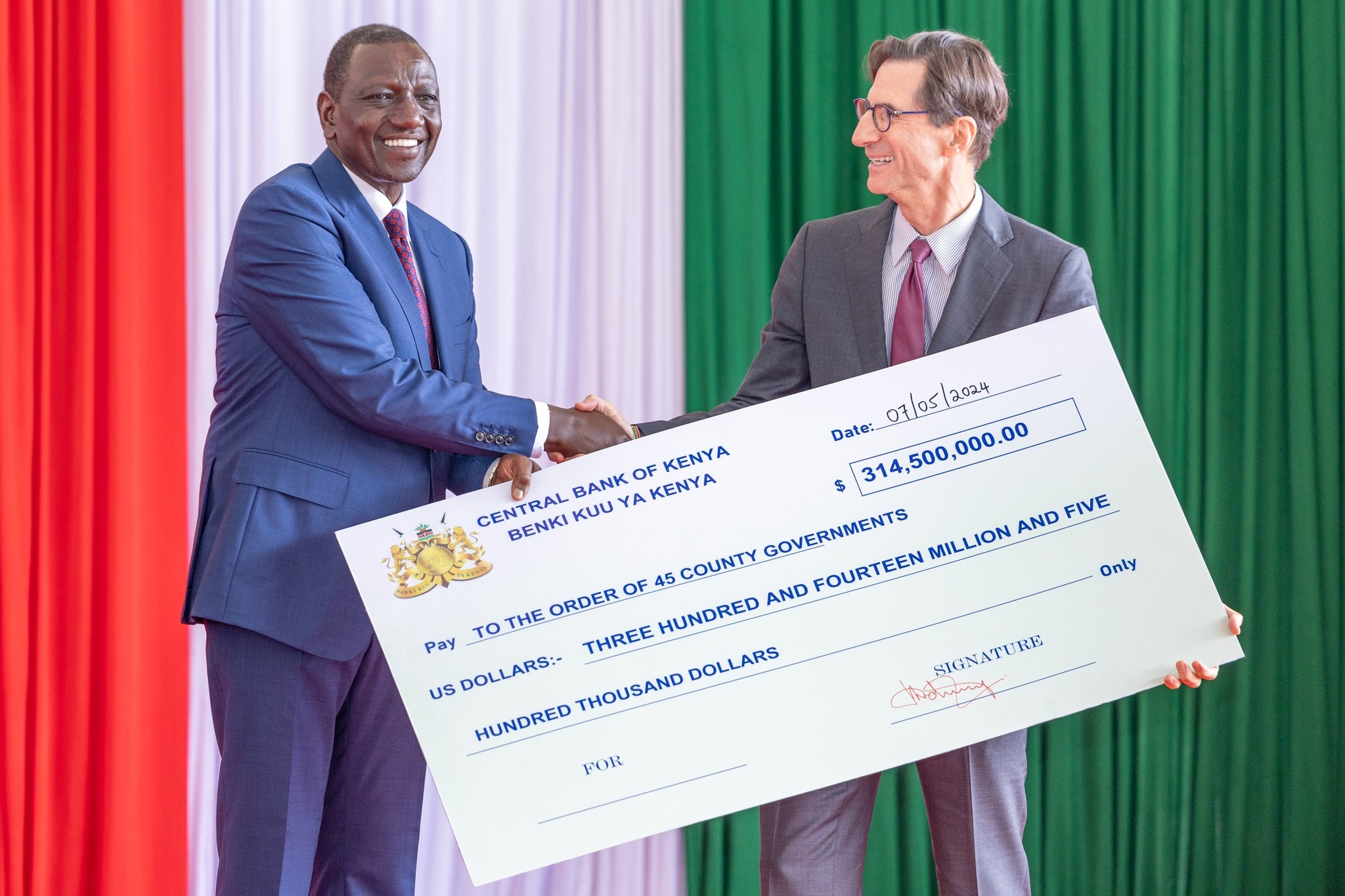
In response to a directive from President William Ruto, the Kenya Maritime Authority (KMA) has swiftly acted to eliminate at least eight fees at the Port of Mombasa. This decision aims to alleviate the cost of destination charges incurred at the port, a significant move toward improving the ease of doing business in Kenya.
Destination charges are fees collected when cargo reaches its final destination at the port. The discontinued fees, effective immediately, include the X-border fee, equipment management/monitoring fee, late documentation fee, and container protection essential.
In addition, depot charges at drop-off points, logistic fees, import documentation fees, and transit corridor fees have also been waived. Terminal Handling Charges (THC), previously categorized as destination charges, have been discontinued as well, with any relevant Kenya Ports Authority (KPA) services now being incorporated into ocean freight costs.
The International Ship and Port Facilities Security (ISPS) Code, another destination charge, has also been abolished and will be included in the ocean freight charges as required. Furthermore, the Manifest Amendment fee is now capped at a maximum of Ksh4,500 (USD30), inclusive of Kenya Revenue Authority (KRA) Amendment fees.
KMA has directed ship agents to extend office working hours until 4 p.m. on Saturdays to mitigate delay penalties over the weekend.
These new guidelines are geared towards reducing the high cost of destination charges, enhancing local container repair, and addressing concerns related to certain operators’ market dominance. Regarding containers, KMA has clarified that demurrage charges will cease after 90 days if an empty container is not returned, with the container’s replacement value becoming payable after that period.
Demurrage fees are associated with the use of containers in the terminal beyond the free period. This move is expected to streamline trade and facilitate a more business-friendly environment in Kenya.

